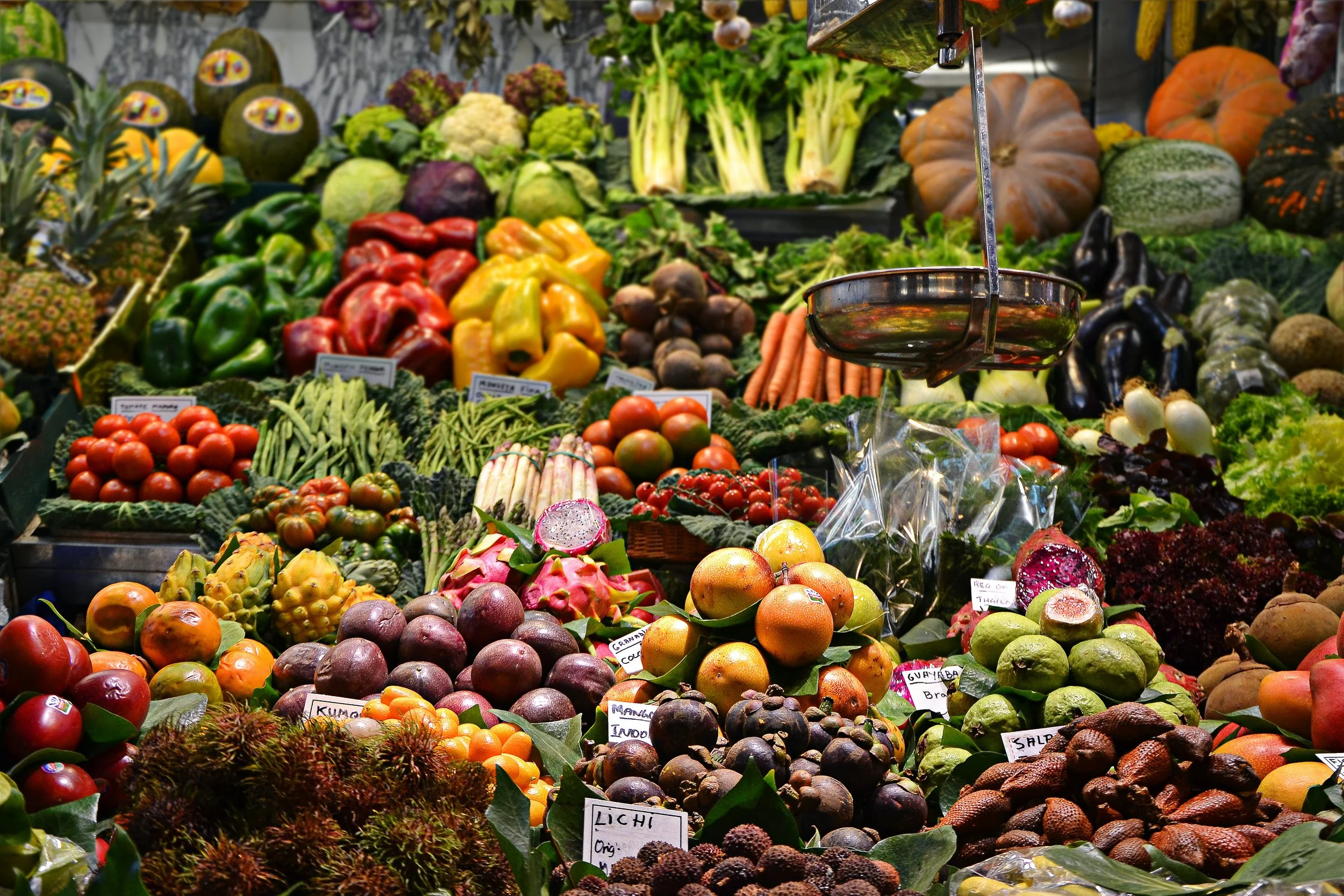Vegan Diets Cause 75% Less Carbon Emissions Than Meat Diets, Study Confirms
Scientists at the University of Oxford analyzed the environmental impact of over 55,000 people’s individual diets, in the most comprehensive research of its kind.
Regarded as the most comprehensive research of its kind, scientists have linked dietary data from over 55,000 individuals with the environmental impacts of the foods they eat.
And the analysis of the data has found that the dietary impacts of vegans are around a third of those of high meat eaters.
In the research, individuals classified themselves as vegan, vegetarian, pescetarian, or meat eaters. Then, using data sourced from over 38,000 farms in over 100 countries, scientists assessed the diets in relation to five key impacts on the environment: greenhouse gas emissions, land use, water use, water pollution risk, and biodiversity loss.
According to the results published in the journal Nature Food, vegan diets were found to cause 75 percent fewer emissions when compared to diets where more than 100g of meat was consumed daily. In the same comparison, vegan diets also required 75 percent less land use, as well as resulted in a 66 percent decrease in wildlife destruction, and a 54 percent reduction in water consumption.
Strikingly, regardless of where and how the food was produced (e.g. organic, ‘local’ beef), the “relationship between environmental impact and animal-based food is clear”, with the authors concluding that this should prompt policy changes to reduce meat production and consumption.
“Our dietary choices have a big impact on the planet”, Professor Peter Scarborough, the study’s lead author, said in a statement. “Cherry-picking data on high impact plant-based food or low impact meat can obscure the clear relationship between animal-based foods and the environment. Our results … show that high meat diets have the biggest impact for many important environmental indicators, including climate change and biodiversity loss.”
The data also found that even a low meat diet reduces one’s environmental impact by around 30 percent when compared to a high meat diet.
So what positive action can we take on these findings?
“Cutting down the amount of meat and dairy in your diet can make a big difference to your dietary footprint,” Professor Scarborogh explains.
Scientists already know that the global food system plays a huge role in climate change, as it is linked to around a third of the world’s greenhouse gas emissions each year. It is also estimated to be responsible for 70 percent of the world’s freshwater use and 78 percent of freshwater pollution.
That means that making the global food system more sustainable is key to fighting the climate crisis, and science says that we can all play a part in that by thinking more carefully about what we put on our plates.
Eating For The Planet
This latest research reinforces the findings of many previous studies on climate change which also suggest the need to reduce our meat intake and increase our consumption of plant-based protein.
A global shift towards a vegan diet is necessary to combat the worst effects of climate change, according to the United Nations, and previous research from the University of Oxford shows that going vegan is the “single biggest way” to reduce your impact on the planet.
Such research is leading wildlife experts and climate change campaigners - from Greta Thunberg to David Attenborough - to urge us all to reconsider our habits and diets to help lessen the impact of climate change.
Want to change the world for animals? Sign up for 30 Days of Action for Animals, an empowering new campaign by Species Unite, where you can make a real difference in the lives of animals each day. For one month, you’ll receive daily emails packed with inspiring ideas on how to take action and create a kinder world for our furry, feathery, and scaly friends.
We Have A Favor To Ask…
Species Unite amplifies well-researched solutions to some of the most abusive animal industries operating today.
At this crucial moment, with worldwide momentum for change building, it’s vital we share these animal-free solutions with the world - and we need your help.
We’re a nonprofit, and so to keep sharing these solutions, we’re relying on you - with your support, we can continue our essential work in growing a powerful community of animal advocates this year.
More stories:
Species Unite
A collection of stories of those who fight the good fight on behalf of animals.






Leather, wool, feathers: even if they were by-products, would that make a difference?